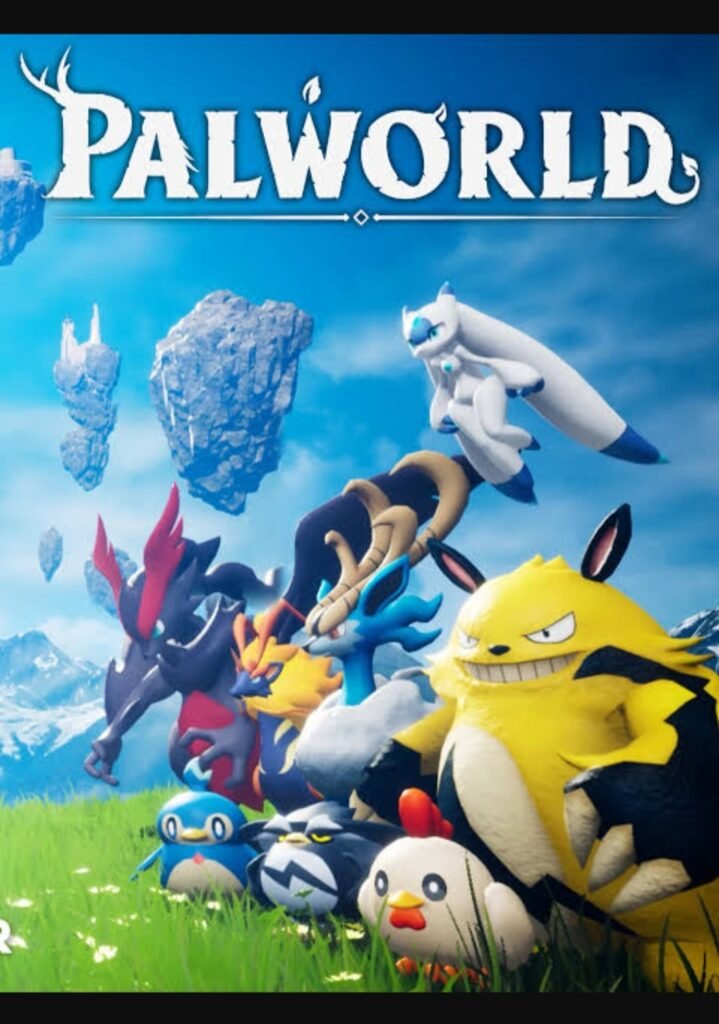Nintendo Co., Ltd. once again made the headlines when it was announced on September 19, 2024 that it, together with The Pokémon Company, filed a patent infringement lawsuit in the Tokyo District Court against Pocketpair, Inc., the developers of the popular video game ‘Palworld’.
As discussed in our previous article, there are multiple similarities between the game ‘Palworld’ and Nintendo’s most famous media franchise, Pokemon.
Palworld hit the ground running upon its release in January 2024 and instantly raised the profile of its creator, Pocketpair earning the moniker ‘Pokémon with Guns’ among fans, who saw various similarities between the monsters in Palworld and those in Nintendo’s prized franchise.
While most people believed that any infringement action by Nintendo against Pockerpair would most likely be in relation to the aesthetics of the ‘Pals’ in the game Palword (as most ‘Pals’ in the game look very similar to existing Pokemon), Nintendo’s infringement suit relates to an infringement of Nintendo’s patents and not related to any copyright infringement. While Nintendo owns a variety of patents, it appears that the present suit relates to patents recently granted in Japan which focus on the aiming and throwing of balls to catch monsters in a landscape.
In Palworld, ‘Pals’ are caught by a ‘Palsphere’ after being weakened in a battle whereas in Pokemon, Pokémon are weakened and then caught with a ‘Pokéball’. After being caught, creatures in Palworld help the player build structures, farm and engage in shootouts.
Patent protection in software typically covers elements of the user experience, rather than the look of characters and Nintendo may have found gameplay mechanics that it believes infringe on its rights .
Following the release by Nintendo regarding the lawsuit, Pocketpair issued a statement saying it was unaware of the specific patents they were accused of infringing upon, and had not been notified of any such details. However, it clarified that it would begin appropriate legal investigations. In furtherance to the statement, Pocketpair stated “…It is truly unfortunate that we will be forced to allocate significant time to matters unrelated to game development due to this lawsuit. However, we will do our utmost for our fans, and to ensure that indie game developers are not hindered or discouraged from pursuing their creative ideas…”
Nintendo has previously successfully filed a lawsuit over 6 (six) counts of patent infringement on 22nd December 2017 regarding the use of a joystick-like control scheme known as ‘Punicon’ in the mobile game Shironeko Project. Nintendo argued that the control scheme violated patent #3734820, which was registered back in Japan in October 2005 and used in Super Mario 64 DS. The lawsuit ended with a settlement where Colopl agreed to change the control scheme and pay a settlement fee.
Therefore, Japan may have more case law compared to, say, another territory such as the United States of America and this may be the reason Nintendo initiated such suit in Japan using their previous infringement cases on the patents they are intending to leverage against Pocketpair in Japanese courts. While it is unclear if any of those same patents are involved in this Palworld suit, but the root precedent is there and exists in Japanese courts.
Conclusion
This recent lawsuit filed by Nintendo appears to have inspired another big game developer, Sega (owner of the popular media franchise, Sonic the Hedgehog) to initiate a paten action against the Bank of Innovation – the developer of idle RPG MementoMori, and mobile game Genjuu Keiyaku Cryptract. According to a report from Otaku Sougen, Sega is seeking an amount of 1 billion yen in damages as well as an injunction for patent infringement. Despite the legal action, Bank of Innovation has apparently expressed that it wants to keep running MementoMori regardless of the conclusion of the lawsuit.
While Nintendo rarely initiates legal action unless it was sure it would win in court, it remains to be seen if there has in fact been any infringement of Nintendo’s patents by Pockerpair, which shall be determined by Tokyo District Court in due course.
Author: Aneesh Tendolkar

